To love is to settle the only debt that never expires — the debt of charity. True love demands nothing, yet fulfills everything; it enlightens the disciple’s path and purifies the heart. Today, the Word of God reminds us that following Jesus means consenting to this demanding love, even to the renunciation of self.
Love, the Only Debt That Sets Us Free
In his Letter to the Romans (Rom 13:8–10), Saint Paul writes:
“Owe nothing to anyone, except to love one another; for the one who loves another has fulfilled the law.”
Through these words, Paul teaches the early Christian communities that love is the living fulfillment of the Law. Every commandment, every precept finds its meaning in this movement of love that comes from God.
To love is to enter into the very action of Christ, into his way of giving and of self-giving.
In the light of the Child of Bethlehem, this means living the simplicity of one who has nothing, yet possesses everything through love. Mutual love becomes the true wealth — the only debt that does not bind but sets free.
Renouncing in Order to Love Truly
In the Gospel according to Saint Luke (Lk 14:25–33), Jesus turns to the crowds and says:
“If anyone comes to me and does not prefer me to his father, mother… and even to his own life, he cannot be my disciple.”
These seemingly harsh words reveal a profound truth: to follow Christ requires the primacy of God’s love over every other attachment. To renounce, in the Gospel sense, is not to despise, but to order the heart rightly.
Jesus himself lived this total self-emptying: he left the glory of the Father to come to Bethlehem, poor among the poor, and bore the cross out of love for us.
The disciple is invited to this same inner freedom — to love more than to possess, to serve more than to rule, to prefer Christ above all.
The Humble Love of the Child of Bethlehem
In our spirituality, love is not a moral effort but a participation in the life of God. The Child of Bethlehem does not command — he draws; he owns nothing, yet gives everything. To live in his spirit is to welcome smallness as a place of fruitfulness: where the will to dominate dies, the joy of service is born.
In the Missionary Family of Bethlehem, to love means:
- to do the will of the Father with simplicity,
- to serve without seeking recognition,
- to be a light in the world’s darkness.
“Yes, Father!” — this word sums up the whole vocation of Christian love.
Walking Toward the Joy of Giving
Today, the Word of God calls us to love in concrete ways — perhaps by forgiving, by welcoming, by sharing what we have. Perhaps by accepting the cross that enters our lives, as a school of trust and peace. If we let Christ love within us, our relationships become paths of light; our lives, simple and fruitful offerings.
To love — this is our mission: a mission that begins in Bethlehem and extends to the ends of the earth.
Prayer of the Day
Lord Jesus,
you who became poor in Bethlehem to enrich us with your love,
make the flame of charity grow within us.
Teach us to love without calculation,
to prefer your will over our attachments,
to serve our brothers and sisters in the joy of the children of God.
May our life, humble and given,
become a light at the heart of the world.
Amen.
Biblical References
- Rom 13:8–10
- Lk 14:25–33
For Meditation
- Do we recognize, in our daily relationships, this debt of love that alone sets us free?
- What is the Lord inviting us to let go of today, so that our hearts may open to a greater love?
- How does the Child of Bethlehem teach us, in our fragility, the quiet strength of gentleness?
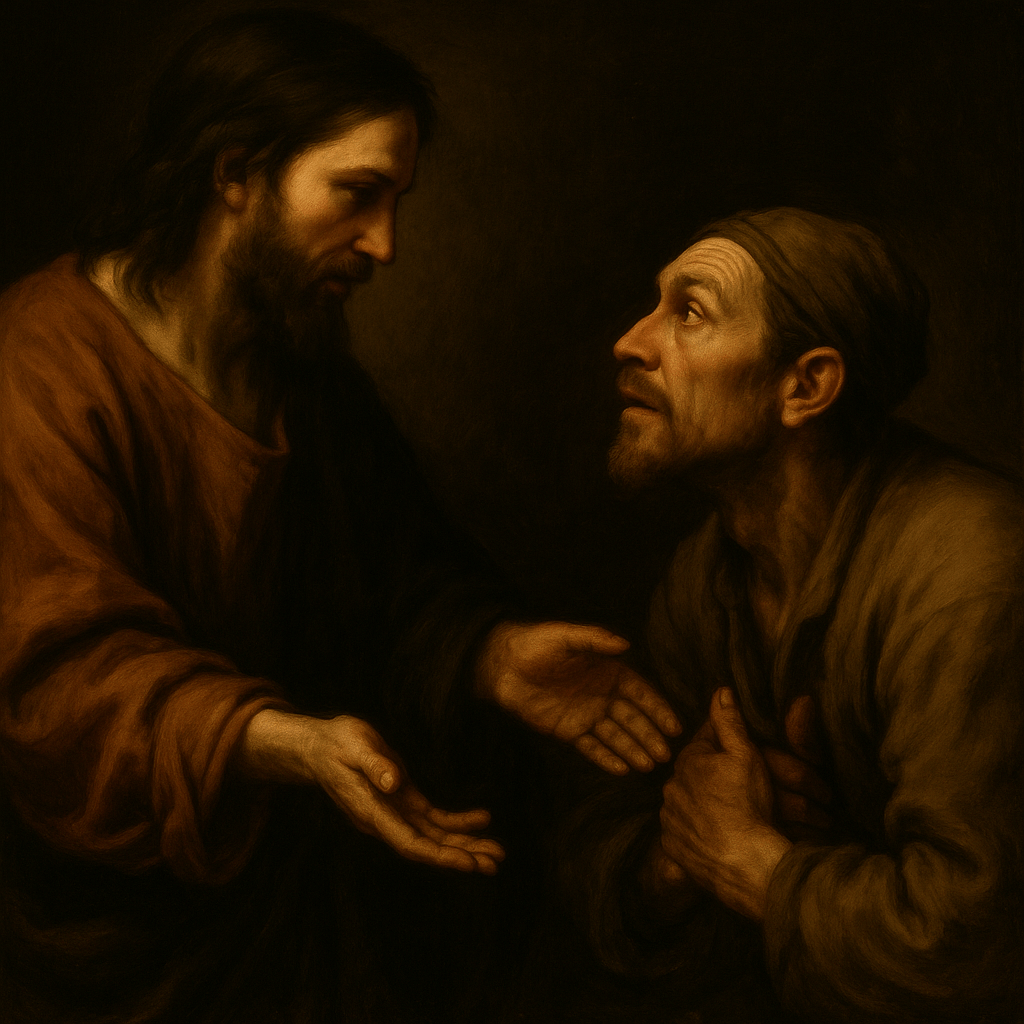
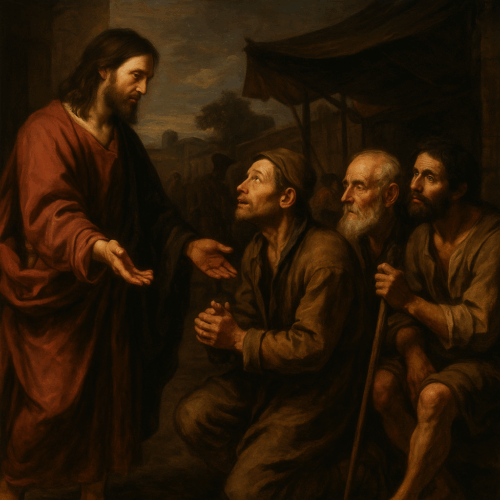
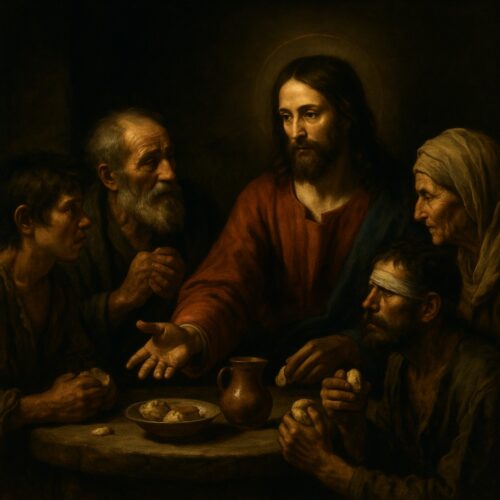
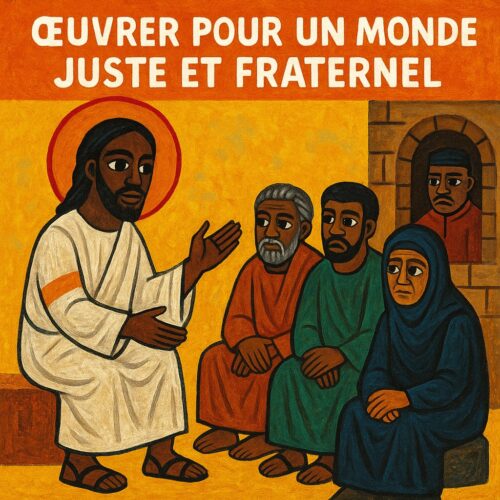
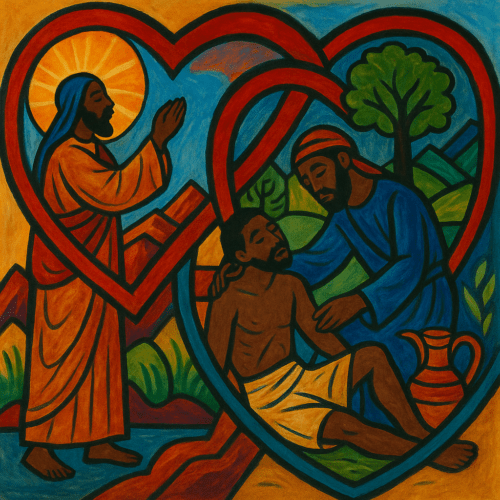
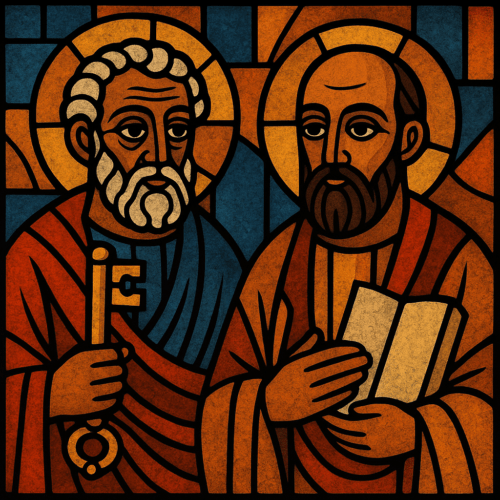

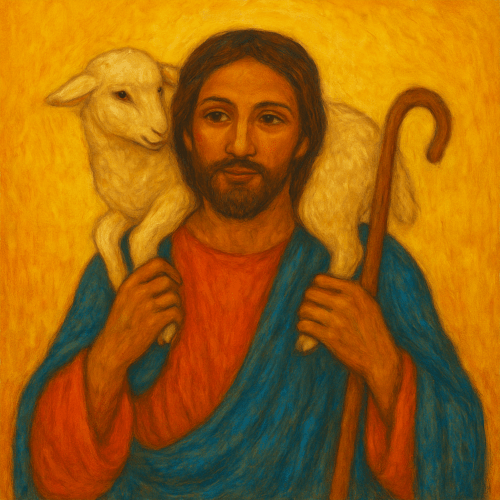
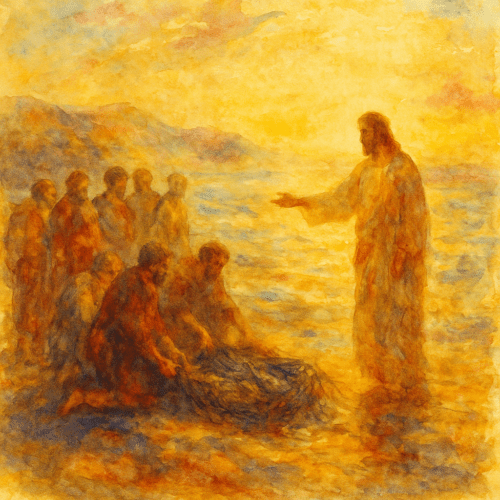
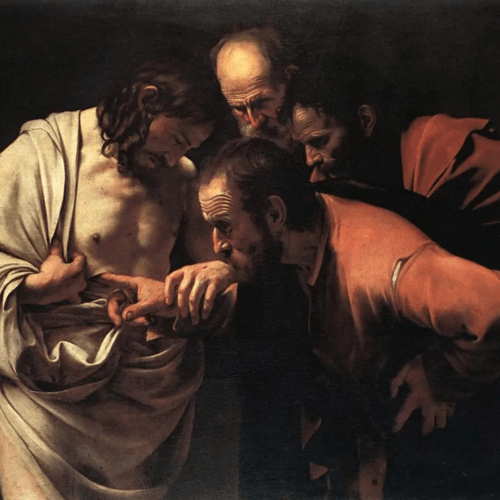
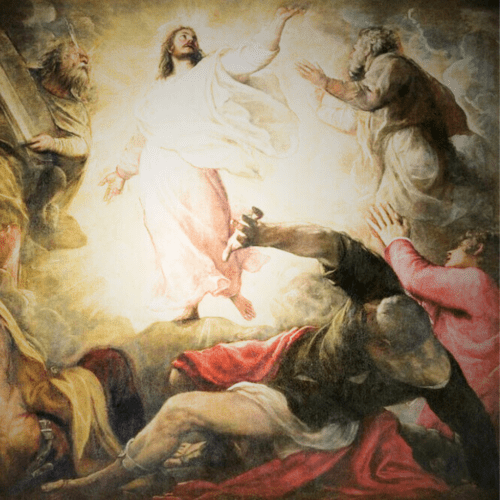

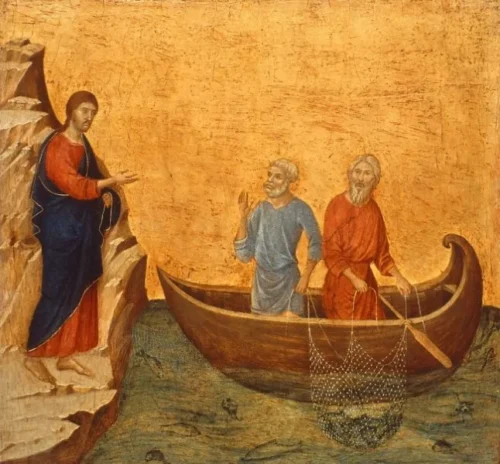
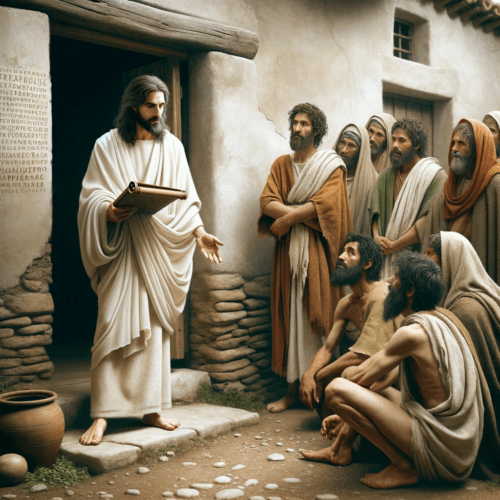
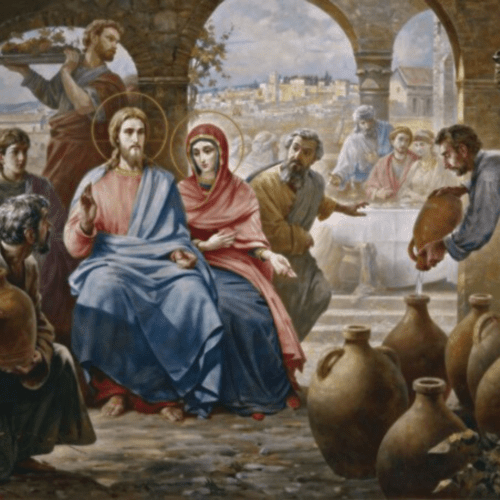
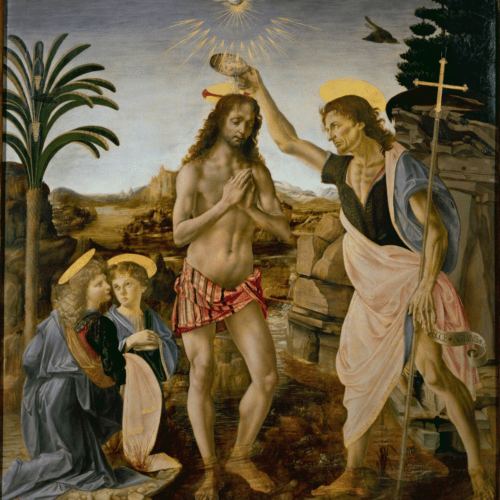
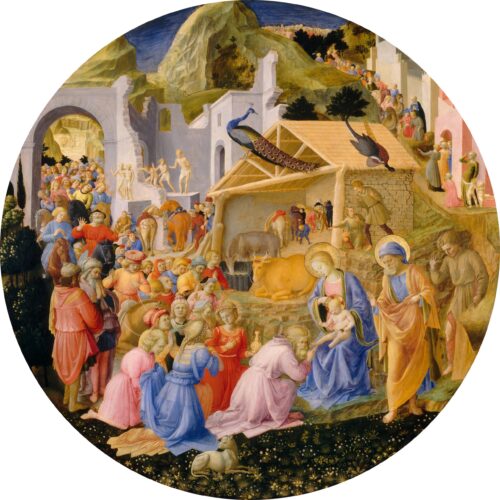

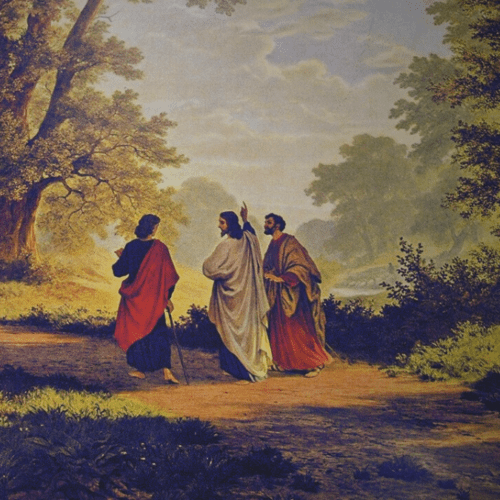
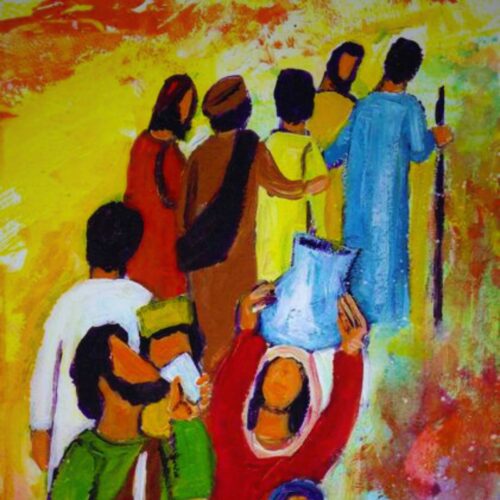

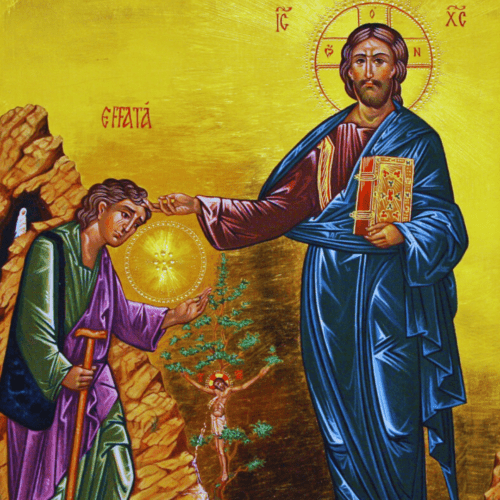
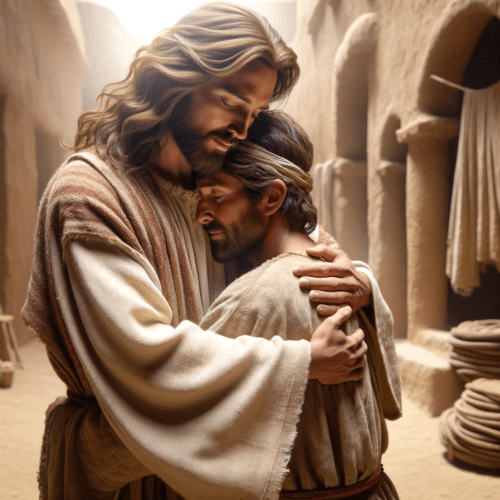

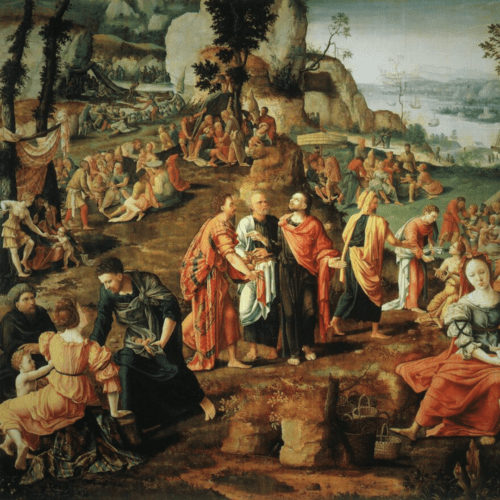



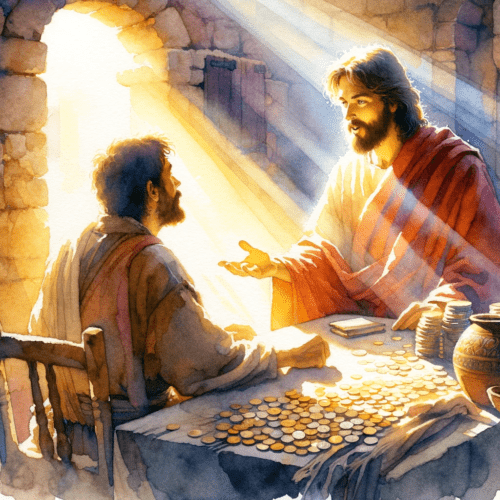
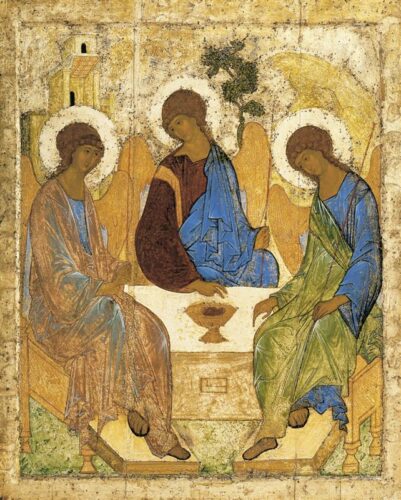
Comments are closed.